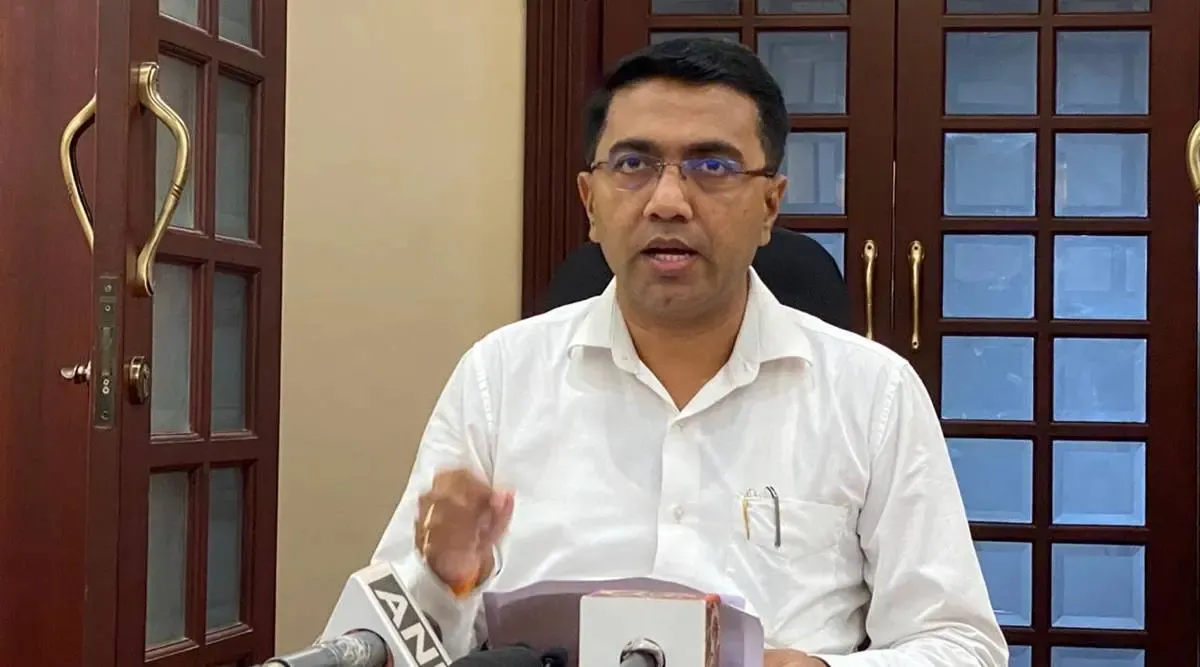
PYSE launches India’s first fractionally-owned solar plant

Maiden Forgings Becomes Approved Supplier to OFB Murad Nagar
Maiden Forgings Limited (MFL), one of India’s leading producers of bright steel bars and wires, has been officially registered as an approved supplier with the Ordnance Factory Board (OFB), Murad Nagar, under the Centralised Vendor Registration process.This recognition adds to MFL’s existing registration with OFB Kolkata, marking another strategic step in its deepening engagement with India’s defence manufacturing ecosystem. With this new approval, the company strengthens its foothold in the Business-to-Government (B2G) segment and expands its participation in the nation’s defence prod..

DCIL Signs MoUs Worth Rs 176.45 Billion to Boost Maritime Modernisation
The Dredging Corporation of India Limited (DCIL) has signed 22 Memorandums of Understanding (MoUs) with 16 organisations, collectively worth Rs 176.45 billion, during the India Maritime Week 2025 held at the Bombay Exhibition Centre, Mumbai, from 27–31 October.DCIL operates under a consortium of four major ports — Visakhapatnam Port Authority (VPA), Paradip Port Authority (PPA), Jawaharlal Nehru Port Authority (JNPA), and Deendayal Port Authority (DPA) — under the aegis of the Ministry of Ports, Shipping & Waterways (MoPSW).The MoUs include collaborations with leading ports such ..

Goa Advances Sustainable Future with Scientific Waste Management
Chief Minister Pramod Sawant reaffirmed Goa’s commitment to strengthening environmental sustainability through scientific and responsible waste management practices. He highlighted that the Common Hazardous Treatment and Storage Facility has become a key element in ensuring the safe, efficient, and sustainable management of hazardous waste across the State. Sawant said the state-of-the-art facility not only addresses critical environmental challenges but also supports local employment, with nearly 80 per cent of its workforce comprising Goan youth. He added that the State’s environmenta..
















